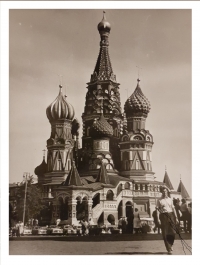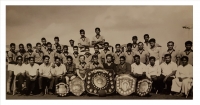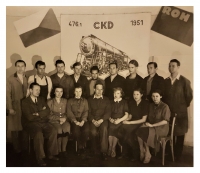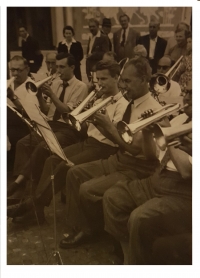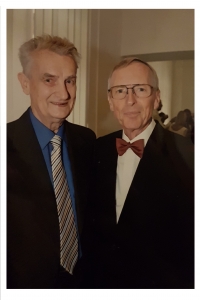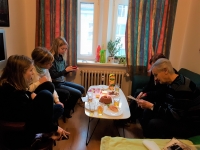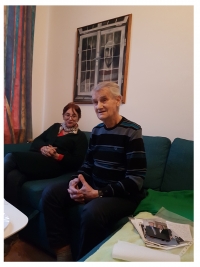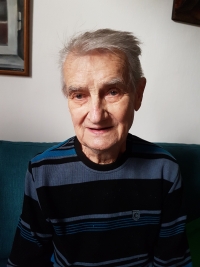We accompanied Štěpán perfectly

Download image
Vladimír Zedník was born on February 22, 1930 in Prague-Libno. His father worked as a sales representative for Papírcentrum, his mother was a housewife. Vladimír attended a primary school in Palmovka and then attended a grammar school near the Libeň chateau. In 1941, Vladimír’s father died suddenly, suffering from angina pectoris for a long time. His mother’s brother Wenceslas was taken to the Buchenwald concentration camp for his patriotic activities, where he died. Vladimir himself experienced a house search during the Heydrichiad. Before the end of the war, he joined the Higher Industrial School in Smíchov and after its completion, he was accepted into the ČKD in 1948 as a designer - clerk. Thanks to his profession, he got as a service escort of locomotives abroad - for example to the Soviet Union, India or Iraq. Although the communist regime considered the ČKD factory to be its showcase, the witness never became a communist. On November 23, he was personally present when the workers from ČKD booed the then chairman of the Prague organization of the Communist Party, Miroslav Štěpán. He remained working in ČKD until his retirement. After the Velvet Revolution in 1989, he became a representative of the city district of Prague 9 for two terms. He advocated, for example, the construction of the Kolben Memorial. His lifelong hobbies include flute, football and philately. He lived in Vysočany at the time of making of the interview (2009).
